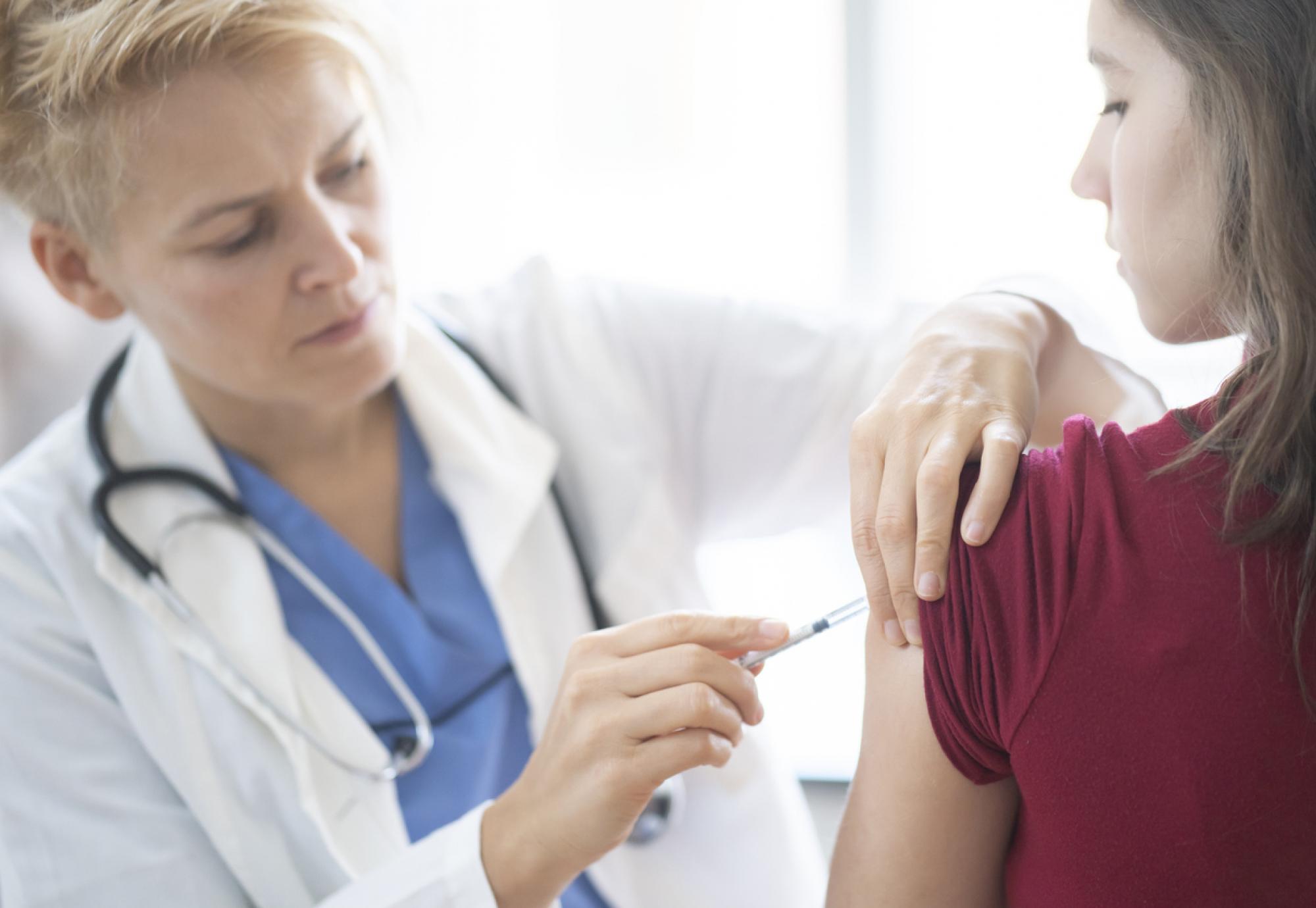Misinformation-driven public hesitancy can reduce the efficacy of vaccination programmes even though they are the most effective way of saving lives and insulating public health across the globe, a new report form Public Health Wales has said.
Every year, vaccines save between three-and-a-half and five million lives worldwide, according to Public Health Wales – but mere availability can’t be relied upon to reach all the people in need, as vaccination programmes must also be accepted by people and the communities they reside in if they are to be as successful as possible.
The report examines everything from policies and programmes to experiences and evidence from around the world and indicates that, whilst digital misinformation is one of the biggest causes of vaccine hesitancy, truth is the biggest driver of acceptance and healthcare professionals are often the most trusted sources.
Public Health Wales therefore say that communication campaigns are crucial if the public are to trust vaccination programmes.
International Health Lead at Public Health Wales, Dr Mariana Dyakova, said: “Deciding to accept a vaccine depends on many factors, mostly on building and maintaining trust with people, families and communities. This requires clear understandable language, listening and responding to concerns, and reiterating confident evidence-backed key messages, which fight uncertainty.”
“It is especially important to reduce inequity of communication reach through tailoring immunisation strategies to improve uptake, engaging community-centred approaches, ensuring website accessibility, targeting vulnerable or disadvantaged populations, and including their experiences in campaigns.”
Public Health Wales’ report identifies key factors that communication campaigns should do, be or include:
- Positive testimonies from people who have received the vaccine
- Input from health professionals
- Culturally and linguistically appropriate messaging
- Consistent messaging
- Benefit-focused
- Appraisal of vaccine information sources
- In conjunction with supplementary policies and public health measures
- A strong foundation of public-private multisectoral collaborations
- Community-tailored messaging
- Increase social media presence
Interim Head of Public Health Wales’ Vaccine Preventable Disease Programme, Dr Christopher Johnson, added: “It’s encouraging that this report highlights that communications campaigns can increase vaccine acceptance. Having access to accurate and trusted information is vital to help individuals make informed decisions regarding vaccination.
“In Wales, we have run a number of communications campaigns, which are behaviourally informed, to help inform and increase people’s knowledge about vaccination. And this is something we will continue to do - to ensure people are receiving trusted, accurate information.”
To access the full report, click here.



















